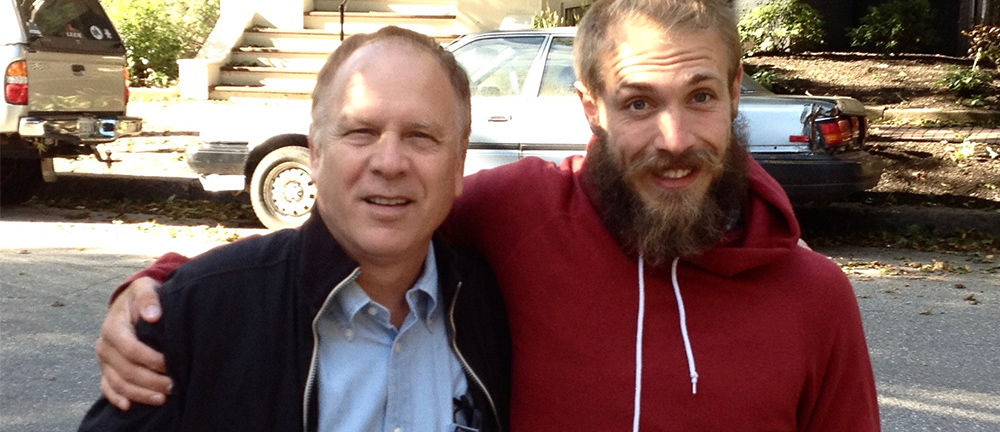Why do people relapse or fall short of attaining personal goals for recovery and well being? First, people chose the wrong program for themselves; either feeling intimidated by the intake / admissions process or because they are in a ‘needy place’. The second reason is a lack of a formidable treatment plan hinged on qualified aftercare providers. In particular, third-culture and expat families are easily lost outside their own community of known providers.
Dr Burdick has coaches, counselors, therapists, 1:1 sober companions, and electronic recovery supports available for mental health or addiction needs. Tutors, educational specialists are available for ongoing education needs. Eating specialists are available for support of those with eating disorders, as well as medical doctors specializing in physical disorders. Let The American Psychologist help ‘do the homework’ for you.
“Today, I participate in my own life. I make my decisions based on real emotions. About four years ago, my life was so consumed by addictive substances. My choices were only made by one thing. Fortunately there was a way out of the ditch I had slowly dug for myself. My parents had helped to remove me from my dangerous life style and start my journey to recovery. We did not have the slightest clue as to what I should do after I was physically removed from the addictive substances.
My mother called on a family friend who knew of Dr Mark Burdick, who then helped to direct me to a rehabilitation center that had a very successful program and eventually to an extended care sober living facility for young adults.
At that moment in my life I truly wanted help, but did not have the power to make the best decisions and so I took all of my advice for further recovery from Dr. Burdick. He described for me this wonderful rehabilitation center in Connecticut and although I was starting to feel better and considered going back to my old life, I knew Dr. Burdick had the best intentions for me. I eventually landed in Portland, Maine at an amazing sober living facility that was suggested by Dr. Burdick.
Taking advice from Dr. Burdick about an extended recovery plan has saved my life. I would not be in the position I am today or have the respect and admiration of my family and peers without the guidance of Dr. Burdick.” (East coast college student)
- Continuing care is ongoing treatment with measurable outcomes.
- A structured setting complementing the initial treatment for a period of time constitutes continuing or ongoing treatment. Examples are sober living environments, sober houses, halfway houses, and other options.
- Sobriety (or ‘sober’) companion services can enhance outcomes through monitoring and assisting the individual to ‘stay’ in recovery through activities and commitment to their program. Certainly participating in one’s program (12 Step, Smart Recovery, ongoing therapy) provides the ‘human’ component of fellowship and participation in group work that is critical to staying true to treatment goals.



